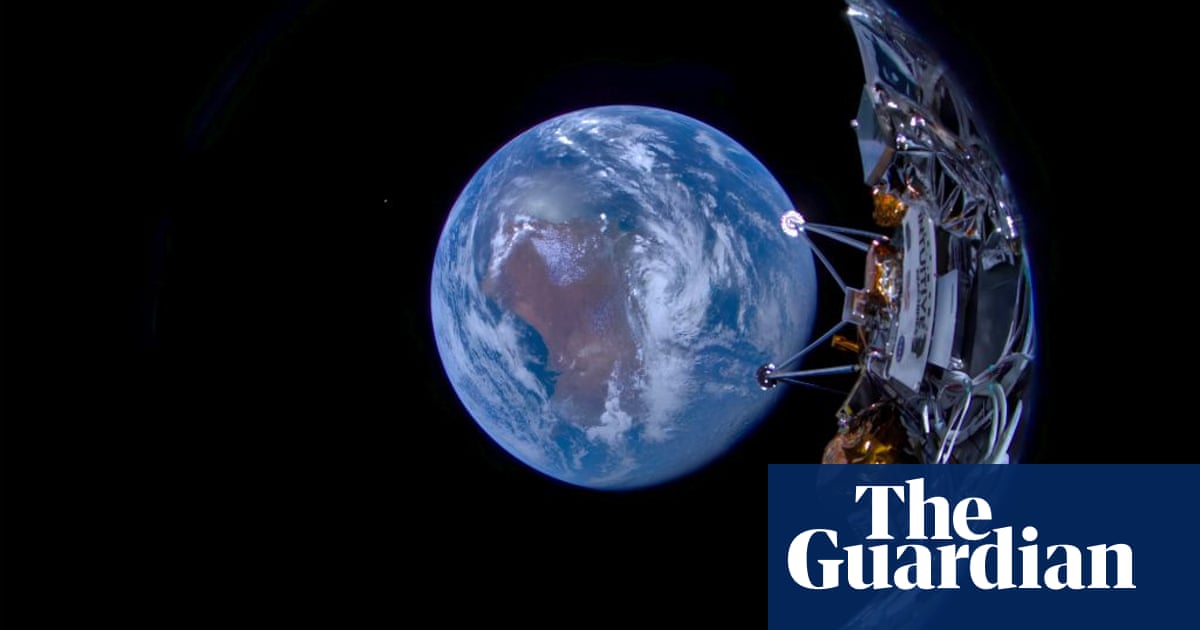Odysseus, the first US-built spacecraft to touchdown on the moon in more than half a century, is tipped over on its side, according to an update from Nasa and Intuitive Machines, the company that built and operated the lander.
The robotic lander descended on to the south polar region of the moon on Thursday at 6.23pm ET. But several minutes passed before flight controllers were able to pick up a signal from the lander’s communication systems.
As it landed, Odysseus “caught a foot in the surface and tipped” said Intuitive Machines CEO Steve Altemus, ending up on its side.
Still, the lander is “near or at our intended landing site”, he said. Nasa and Intuitive Machines said they have been receiving data from the lander and believe that most of the scientific instruments that it is carrying are in a position to work.



So Japens moon lander landed upside down, and Americas fell over. This isn’t looking too good for the future of space exploration.
Mars landers: are we a joke to you??
Removed by mod
Need to start launching from Australia at this rate. Maybe then they’ll show up in the correct vertical orientation.
We have multiple countries sending moon landers, and a few planning to return people to the moon to start a launching pad to Mars. A few accidents involving unmanned probes is nothing to worry about.
And this one wasn’t even a country per se, but a company. Though NASA has some experiments they out on the craft.
True! Hopefully the manned missons land right side up.
I’m much less worried about human piloted craft. It’s very difficult to program complex decision making and discernment. The astronauts present in the first landers will have been intensively trained in how to avoid catastrophe and will likely be able to come up with solutions on the fly if unanticipated things happen. Still dangerous, but hopefully less so.
It will be much easier to land completely automatically once we have landing pads, radar tracking, and other infrastructure present on the surface. It’s just hard to land a robot on an airless moon with a bunch of rocks and hills and shit everywhere.
A few years back one crashed because the European team used metric and the American team used imperial. They are getting better…
AGAIN!
Because miscommunications on standardized measurements is apparently a recurring theme in aerospace engineering.
I’m in the US, I almost exclusively use imperial, but all my CAD models are metric, all my hobbies are geared for metric.
The fact that companies involved in multi-m/billion dollar endeavors can’t figure out “measure twice…”
???
It’s weird to me that nobody noticed earlier